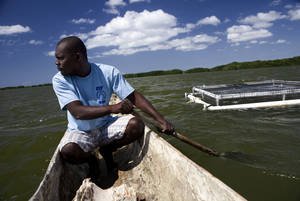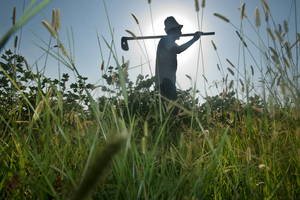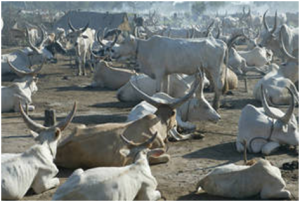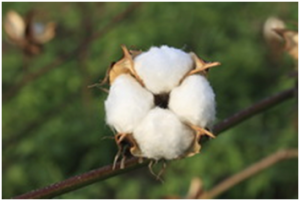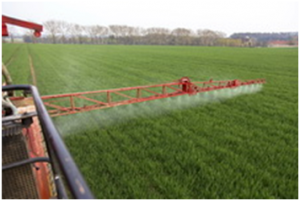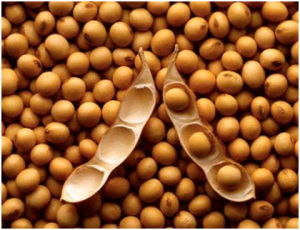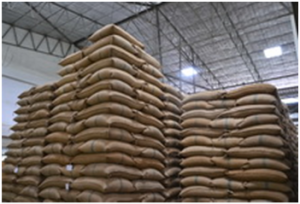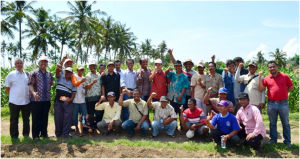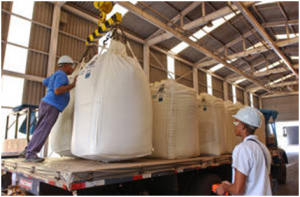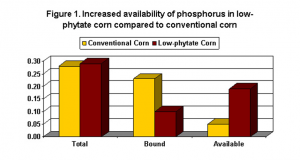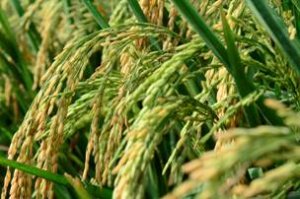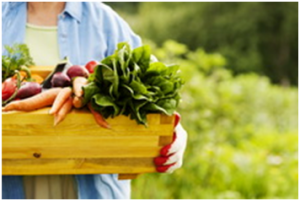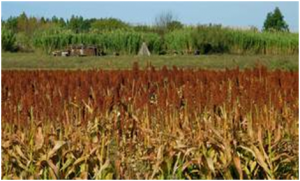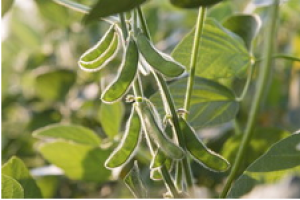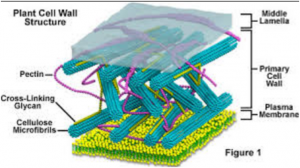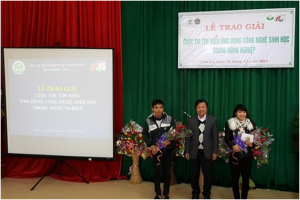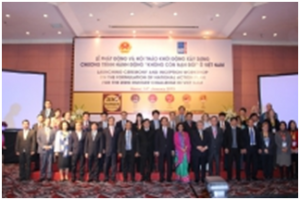|
Lake Chad Basin: a crisis rooted in hunger, poverty and lack of rural development
Sunday, 2017/04/23 | 06:47:36
|
|
FAO Director-General calls for critical investments in agriculture and addressing climate change
Figure: FAO Director-General José Graziano da Silva last week visited some of the worst affected areas in Chad and northeastern Nigeria.
FAO 11 April 2017, Rome - The crisis afflicting the strife-torn Lake Chad Basin is rooted in decades of neglect, lack of rural development and the impact of climate change, and the only way to ensure a lasting solution is to address these including through investments in sustainable agriculture, FAO Director-General José Graziano da Silva, said today.
"This is not only a humanitarian crisis, but it is also an ecological one," Graziano da Silva said at a media briefing in Rome on his visit last week to some of the worst affected areas in Chad and northeastern Nigeria.
"This conflict cannot be solved only with arms. This is a war against hunger and poverty in the rural areas of the Lake Chad Basin," the FAO Director-General stressed.
"Peace is a prerequisite" to resolve the crisis in the region, but this is not enough, the FAO Director-General said. "Agriculture including livestock and fisheries can no longer be an afterthought. It is what produces food and what sustains the livelihoods of about 90 percent of the region's population."
Some 7 million people risk suffering from severe hunger in the Lake Chad Basin, which incorporates parts of Cameroon, Chad, Niger and northeastern Nigeria. In the latter, some 50,000 people are facing famine.
While fighting and violence have caused much of the suffering, the impact of environmental degradation and climate change including repeated droughts, are exacerbating the situation, the FAO Director-General said.
He noted how, since 1963, Lake Chad has lost some 90 percent of its water mass with devastating consequences on the food security and livelihoods of people depending on fishing and irrigation-based agricultural activities. And while Lake Chad has been shrinking, the population has been growing, including millions of displaced people from the worst conflict areas.
See more: http://www.fao.org/news/story/en/item/880741/icode/ |
|
|
|
[ Other News ]___________________________________________________
|


 Curently online :
Curently online :
 Total visitors :
Total visitors :
(26).png)
